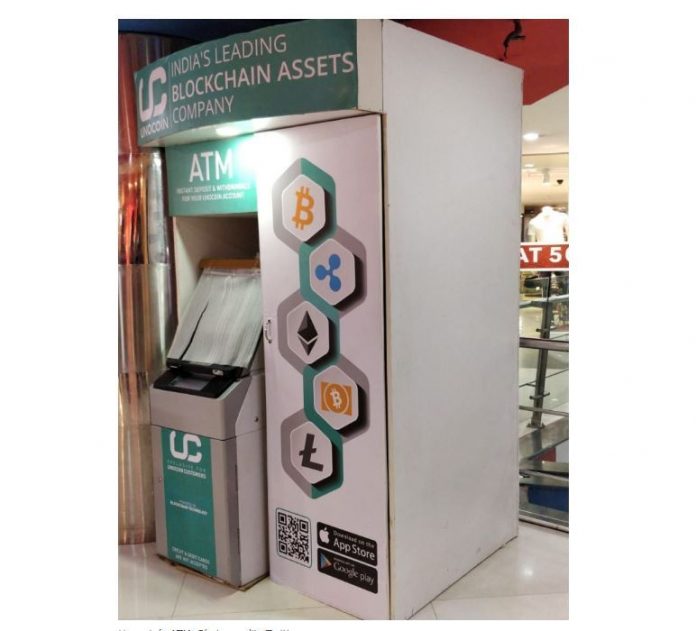The revenues for providing ATMs services are not growing at all because of extremely low ATM interchange charges and increasing costs. ATM industry experts believe that ATM transaction fee might go up.
New Delhi: Confederation of ATM Industry (CATMi) warned last year that about 50 per cent of the ATMs in the country will become commercially unviable because of changes in the regulatory requirements. The new regulations may lead to the closure of half of the total 2.38 lakh ATMs in the country this year.
CATMi said in its statement, “Service providers may be forced to close down almost 1.13 lakh ATMs across the country by March 2019. These numbers include approximately one lakh off-site ATMs and a little over 15,000 white label ATMs.” Most of the ATMs were expected to be shut down in the non-urban areas which would have impacted the financial inclusion efforts since the beneficiaries use the ATMs to withdraw their government subsidies.
However, as per a recent Livemint report, ATMs will not be shut down but, ATM cost might go up. The report cities ATM industry experts saying that people might have to brace themselves for higher ATM cost.
Asia Pacific Euronet Services India’s regional MD Himanshu Pujara was quoted in the report saying, “Initially, no one was willing to take the cost burden. However, now there are a number of conversations going on. The NPCI has spoken to the ministry to revise the interchange fee and they have made certain recommendations. We are waiting for the ministry to come back in terms of the decision. We don’t know how much time will it take but we know that NPCI has made the recommendation which is a good starting point.”
He further said that either the banks will bear the cost or there will be a change in interchange fee. Consumers right now, need not worry about the number of active ATMs in the country.
Worth mentioning here is that the revenues for providing ATMs services are not growing at all because of extremely low ATM interchange charges and increasing costs. The situation has further deteriorated now due to the additional compliance requirements that call for a huge cost outlay. The service providers do not have the financial means to meet such massive costs.


